Discover which legendary rock bands you assumed hailed from the U.S. but have international roots.

You don’t need a map to rock ’n’ roll’s heartland—some of its greatest legends actually come from far beyond America’s borders. Classic rock has long been woven into the fabric of U.S. culture, but when you dig deeper, you’ll discover that many bands you assumed were homegrown actually took shape on other shores. These groups didn’t just export music; they brought fresh perspectives, blended international influences, and helped rock evolve into the global phenomenon it is today.
Over the next eleven entries, we’ll peel back the curtain on bands whose backgrounds might surprise you, sharing stories of transatlantic beginnings, cross-continental collaborations, and the universal language of guitar riffs and thunderous drums. Get ready to rethink what you thought you knew about rock royalty—and to celebrate the fact that true rock ’n’ roll knows no borders.
1. Queen’s global appeal often overshadows their British origins.
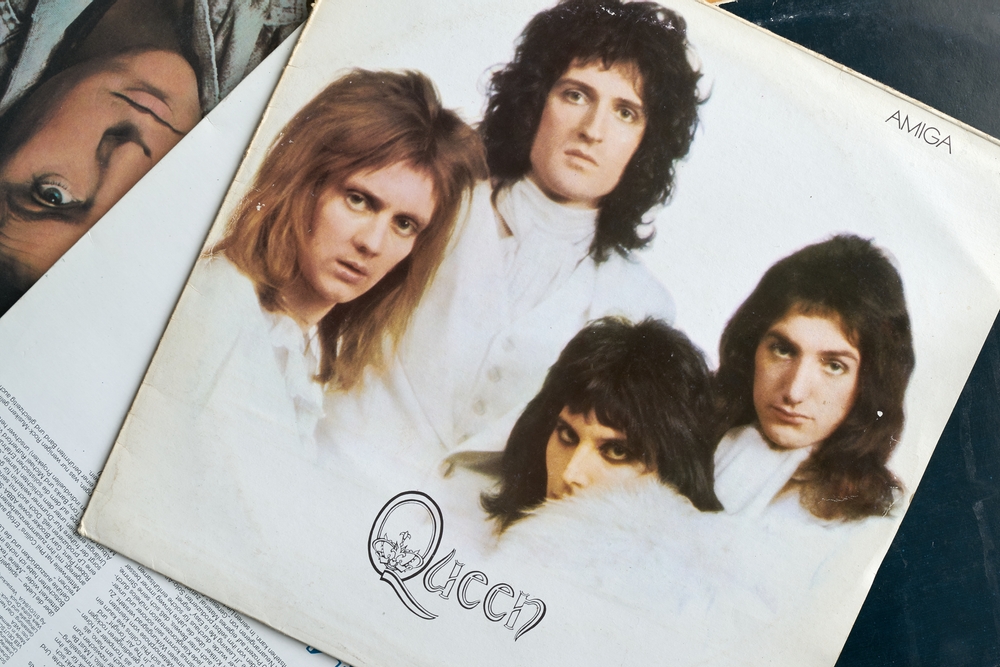
Few groups embody theatrical flair and genre-bending ambition quite like Queen. From the unorthodox structure of “Bohemian Rhapsody” to the stadium-shaking chant of “We Will Rock You,” their anthems became staples of American airwaves in the 1970s and ’80s. Yet beneath those arena-ready hooks lies a distinctly British story: four musicians meeting in London in 1970, united by a shared vision of dramatic showmanship and eclectic songwriting.
Freddie Mercury’s operatic vocals, Brian May’s signature homemade guitar tone, and Roger Taylor’s dynamic drumming all took root in the U.K.’s vibrant rock scene, as reported by Alan Light at Medium.com. Their lyrics—at times whimsical, at times introspective—drew from British theatrical traditions as much as from American blues and pop. Even as Queen conquered the Billboard charts, their English sensibilities shone through in every flourish and costume change.
2. Fleetwood Mac started in England before evolving into an iconic global band.
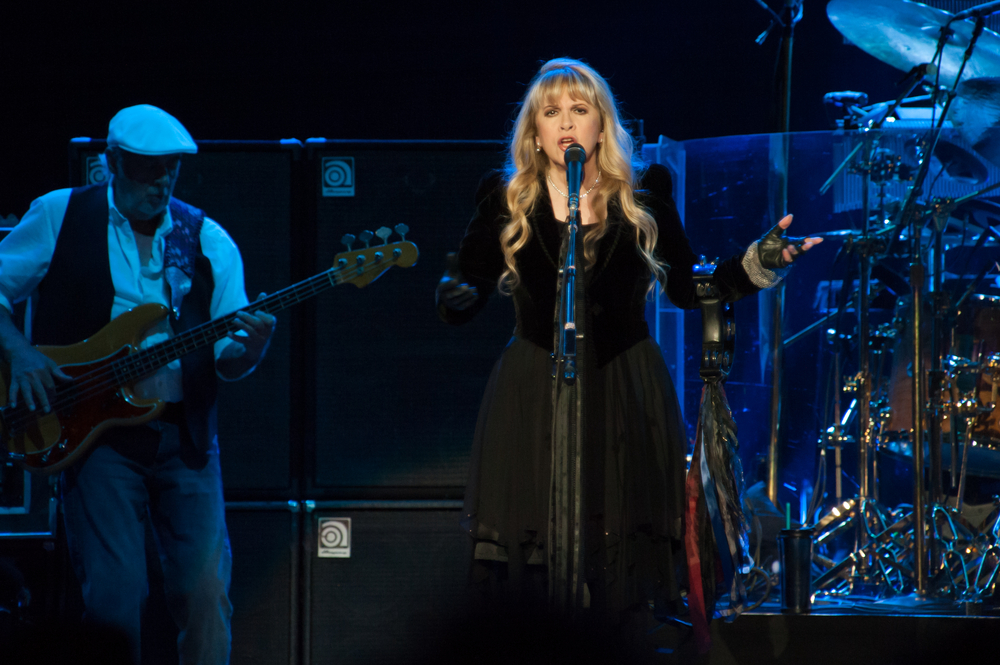
Long before “Go Your Own Way” and “Dreams” became radio staples, Fleetwood Mac was a gritty, blues-inspired quartet based in London. Formed in 1967 by Peter Green, Mick Fleetwood, and John McVie, the band cut its teeth on British blues clubs, channeling the raw energy of Muddy Waters and Howlin’ Wolf, according to Bruce Miller at Pop Matters. Their early albums leaned heavily into slide guitar and soulful improvisation, reflecting the U.K. blues revival’s influence.
It wasn’t until Stevie Nicks and Lindsey Buckingham crossed the Atlantic to join in 1975 that Fleetwood Mac’s sound flowered into polished, harmony-driven pop-rock. Their California-infused era—recorded in Sausalito studios—bridged British roots and American sunshine. This transatlantic melding of styles propelled them to multi-platinum success, making their story one of reinvention as much as of global crossover.
3. The Rolling Stones are British rock royalty mistaken as American legends.
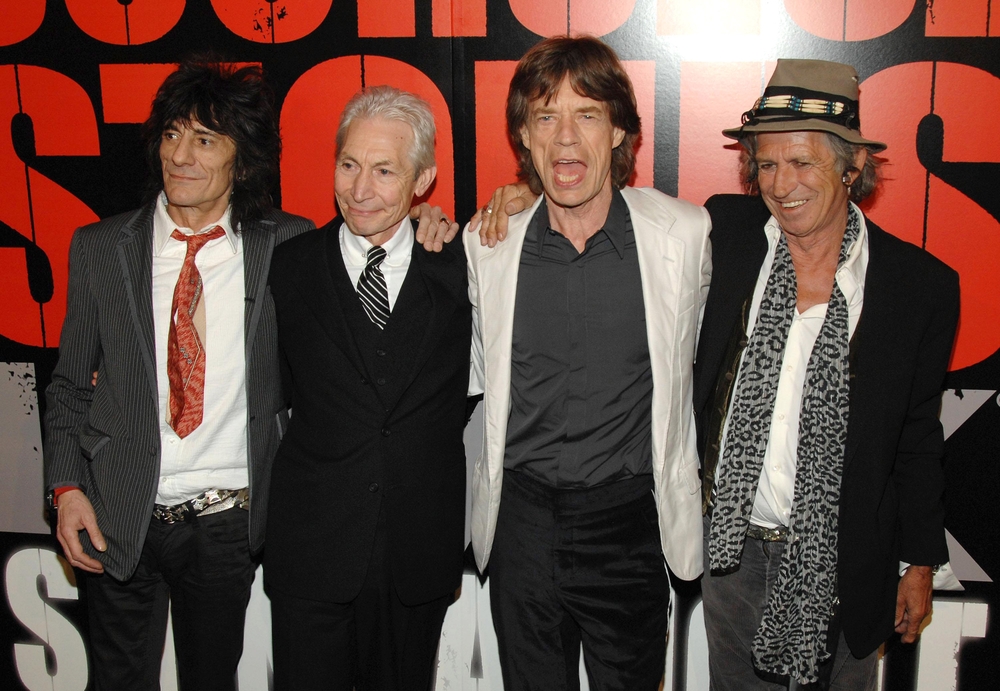
With swaggering stage moves and a repertoire steeped in Chicago blues classics, The Rolling Stones might feel as American as barbecues and road trips. Yet Mick Jagger, Keith Richards, Charlie Watts, and Ronnie Wood all came of age in London’s burgeoning mid-’60s rock scene. Their fascination with American blues legends led them to cover songs by Willie Dixon and Howlin’ Wolf, cementing their affinity for our musical heritage.
Albums like Sticky Fingers and Exile on Main St. showcased grittier, roots-driven soundscapes that resonated deeply in the U.S., where the Stones built a devoted following, as mentioned by Barney Hoskyns at The Guardian. But their identity remained firmly British: tongue-in-cheek lyrics, a penchant for lyrical wit, and an irreverent attitude that reflected the Swinging London zeitgeist more than any Nashville hall of fame.
4. AC/DC is an Australian band often mistaken for an American powerhouse.
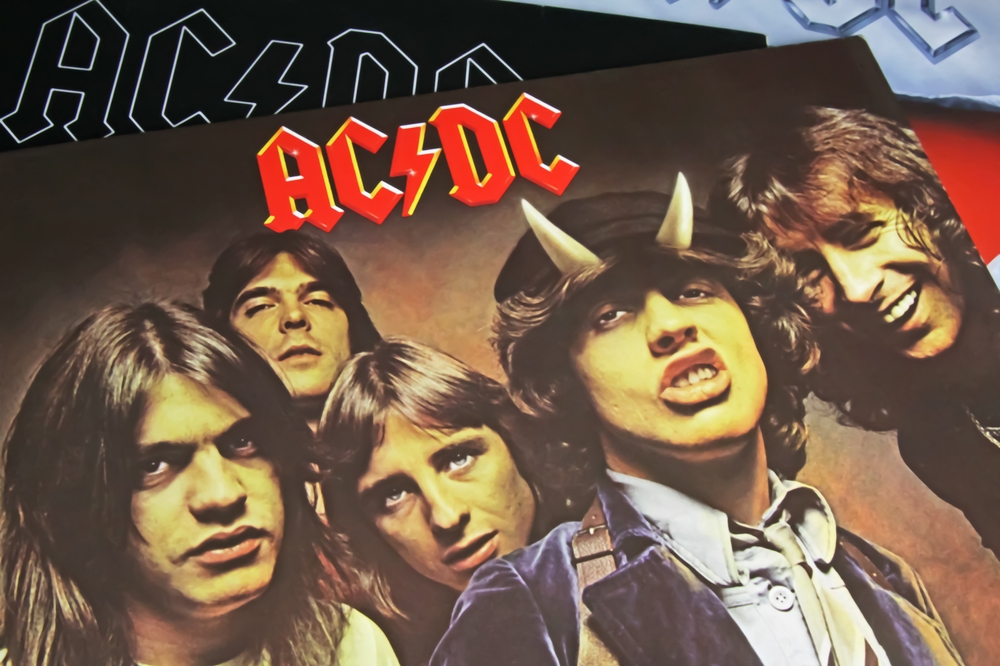
When you crank up “Back in Black” or headbang to “Highway to Hell,” it’s easy to imagine you’re riding Route 66. But Angus and Malcolm Young were schoolboys in Sydney when they formed AC/DC in 1973. Their relentless energy and rowdy, power-chord-driven riffs drew on both British glam rock and American hard rock, crafting a sound that felt at home in arenas from Brisbane to Boston.
Fronted by Bon Scott’s raspy vocals until his untimely passing in 1980, AC/DC embraced working-class grit and pub-rock ethos long before their tunes became stadium anthems worldwide. Their success in the U.S. was enormous, but their Aussie roots—sun-bleached landscapes, laid-back camaraderie, and a healthy disregard for pomposity—remain the bedrock of their enduring appeal.
5. Led Zeppelin is a British band that redefined classic rock.
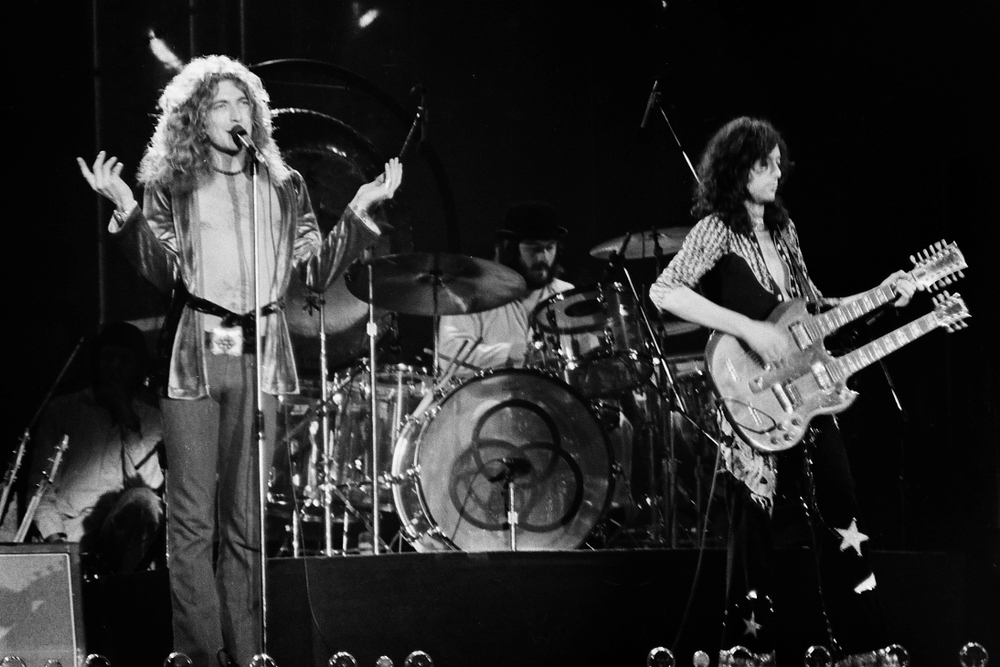
“Stairway to Heaven,” “Kashmir,” “Black Dog”—these songs feel like the soundtrack to American road trips, yet Robert Plant, Jimmy Page, John Paul Jones, and John Bonham cut their teeth on British soil. Formed in 1968, Led Zeppelin fused U.K. blues-rock traditions with folk melodies and Middle Eastern motifs, birthing a heavy, expansive style that reshaped rock music on both sides of the Atlantic.
Their early tours of the U.S. cemented their reputation as a powerhouse act, but Zeppelin’s experimental spirit—jaw-dropping guitar solos, mystical lyrics, and thunderous percussive grooves—reflected a uniquely British willingness to push boundaries. They became global icons by daring to explore uncharted sonic territory, all while drawing deeply from their homeland’s musical tapestry.
6. The Who is a British band synonymous with classic rock rebellion.
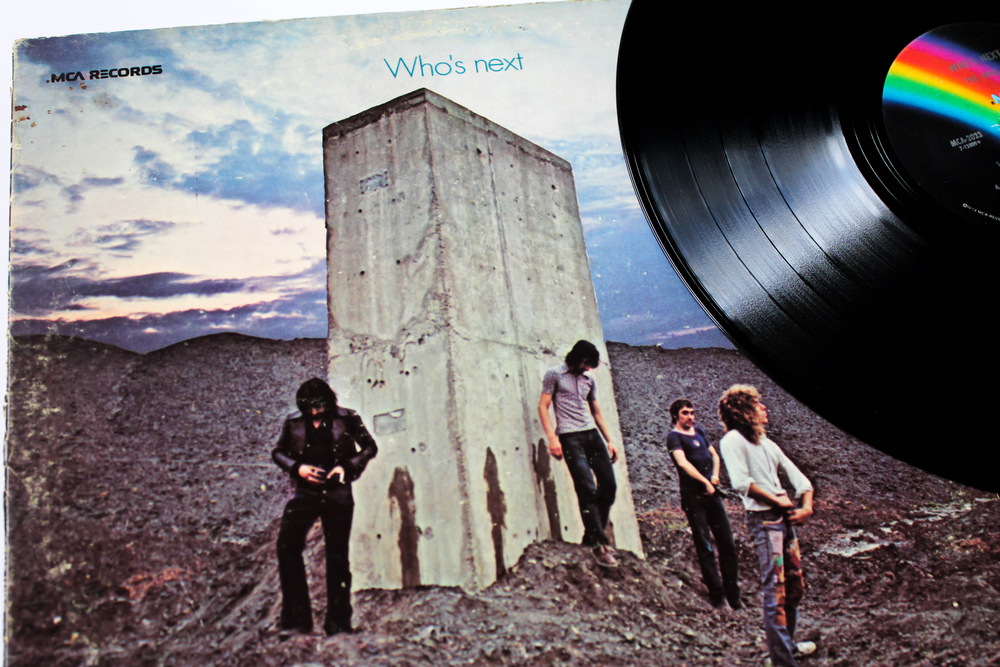
Few bands epitomize youthful defiance more than The Who. Pete Townshend’s windmill guitar thrusts, Roger Daltrey’s howl, and Keith Moon’s chaotic drumming defined an emerging British rock ethos in the mid-1960s. Though “My Generation” sounds like an American rallying cry, it was born in London’s tiny rehearsal rooms, where the band channeled working-class frustration into anthems of self-assertion.
Their concept albums—Tommy and Quadrophenia—melded British storytelling traditions with explosive rock sonics, translating local subcultures into universal narratives. As their explosive stage shows toured the U.S., many listeners assumed The Who were homegrown rebels. In truth, they led Britain’s musical invasion, inspiring countless American acts in turn.
7. Def Leppard became rock icons but started in Sheffield, England.

“Pour Some Sugar on Me” fueled countless American airwaves in the ’80s, yet Def Leppard’s genesis lies in the industrial city of Sheffield. Joe Elliott, Rick Savage, and the rest cut their teeth playing local clubs, blending U.K. New Wave of British Heavy Metal grit with melodic hooks. Their third album, Pyromania, recorded with Robert John “Mutt” Lange’s meticulous production, bridged British metal intensity and glossy American arena rock polish.
By the time Hysteria topped U.S. charts, the band had refined a crossover sound—anthemic choruses, layered guitars, and radio-ready sheen—that resonated globally. But Sheffield’s post-industrial landscapes and British metal pedigree remained woven into their DNA, fueling a work ethic that drove their massive success overseas.
8. ELO is an English band with an Americanized rock style.
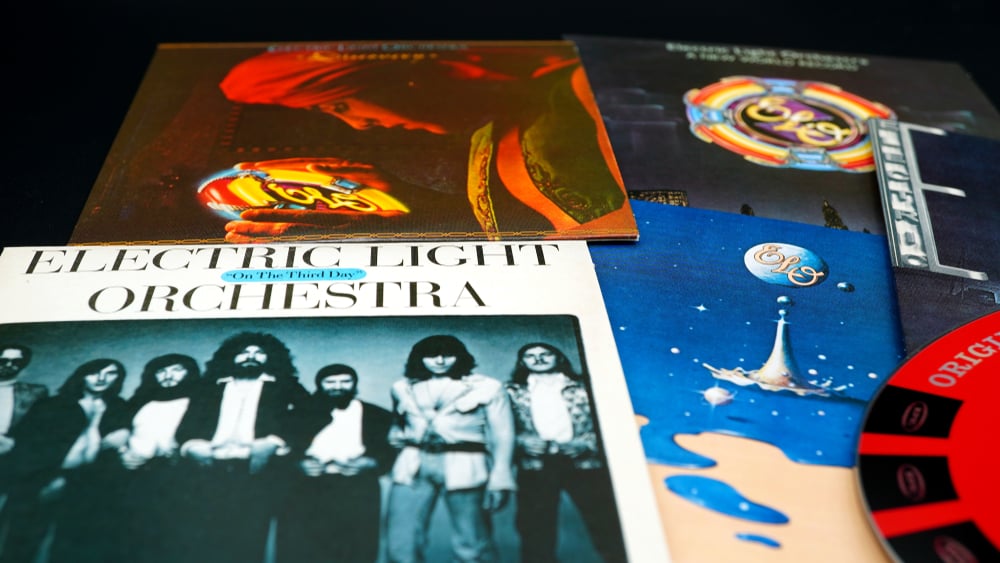
The Electric Light Orchestra dazzled listeners with orchestral flourishes atop driving rock rhythms—“Mr. Blue Sky” practically radiates West Coast sunshine. Yet Jeff Lynne, Roy Wood, and Bev Bevan conceived ELO in Birmingham, England, in 1970, aiming to pick up where The Beatles left off by merging classical arrangements with modern pop sensibilities.
Their cinematic approach—strings meeting synthesizers, cello solos entwined with power chords—felt fresh and transcendent, earning them U.S. radio play and MTV rotation in the ’80s. Still, at its core, ELO was a British experiment in breaking musical boundaries, exporting a uniquely English vision of symphonic rock to a hungry global audience.
9. Genesis became progressive rock giants from their British beginnings.
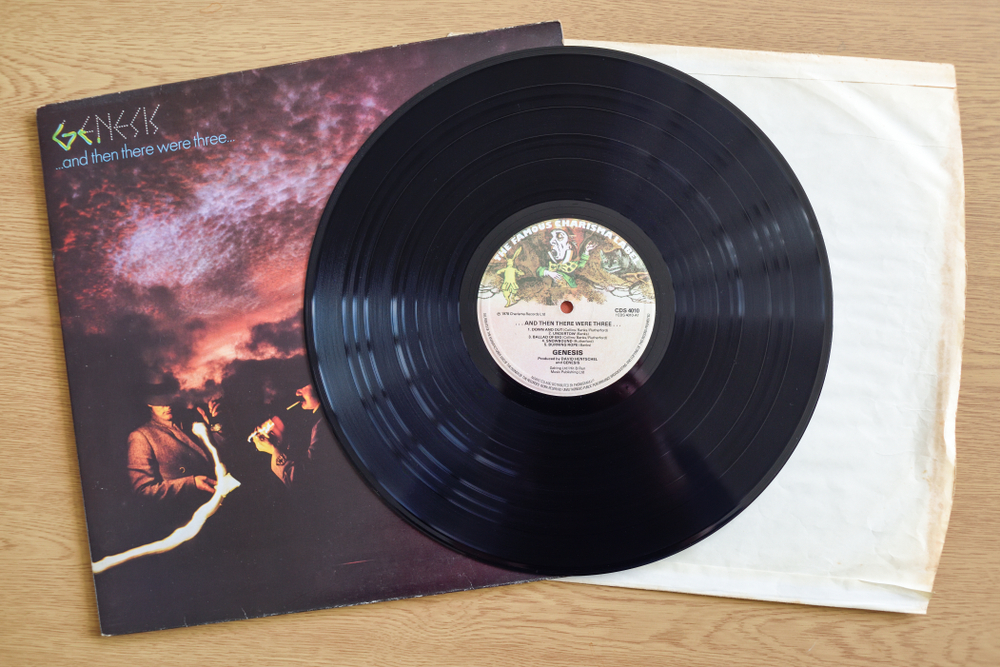
Genesis’s labyrinthine compositions and allegorical lyrics made them prog-rock darlings in England before Phil Collins’s solo-friendly hooks conquered American charts. Formed in Surrey in 1967, Peter Gabriel’s theatrical vocals and Tony Banks’s keyboard wizardry drove early albums like Foxtrot and Selling England by the Pound, celebrated for intricate time signatures and fable-like storytelling.
When Collins stepped front and center in the early ’80s, Genesis embraced more accessible pop-rock arrangements that dominated U.S. airwaves. Yet even as stadium-size hooks emerged, the band’s roots in British folk motifs and progressive experimentation remained evident, showcasing how a local scene can blossom into worldwide influence.
10. Pink Floyd is a British band with a universal rock appeal.
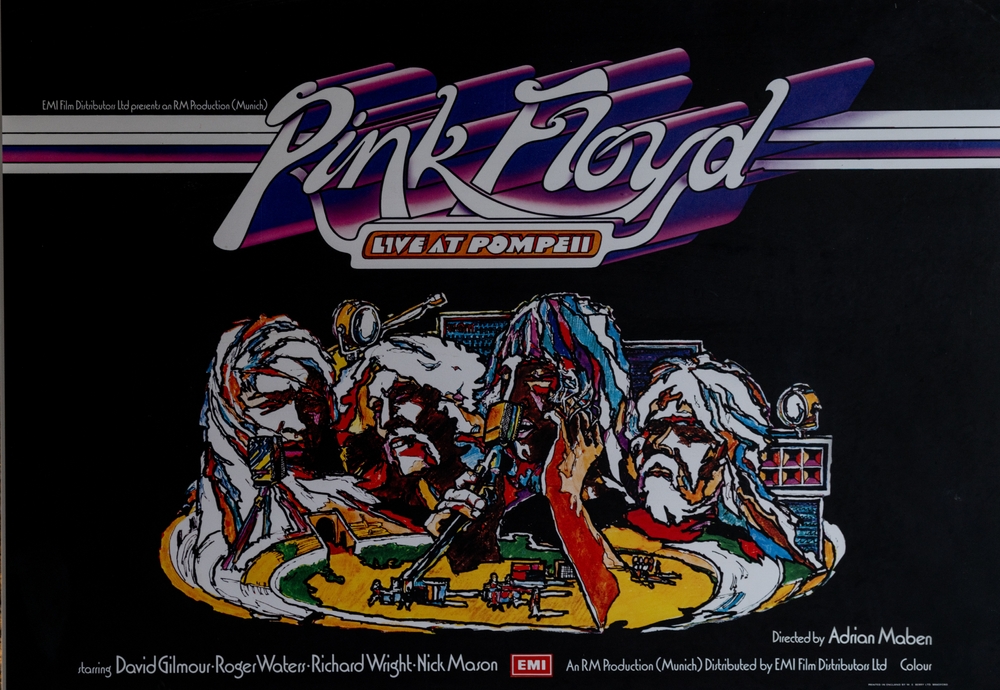
The psychedelic soundscapes of The Dark Side of the Moon and the sprawling narratives of The Wall feel as vast as any American desert highway. But Roger Waters, David Gilmour, Nick Mason, and Richard Wright all first played together in London’s underground circuit in 1965. Their experimental leanings—echoing psychedelia, avant-garde art, and British pastoral tradition—paved the way for albums that transcended genre.
Listeners around the globe have found personal meaning in Pink Floyd’s introspective themes of alienation and human frailty. Yet behind those universal messages lies a quartet shaped by U.K. counterculture, academic ambition, and a penchant for sonic innovation that forever altered rock’s possibilities.
11. The Police blended reggae and rock but hailed from England.
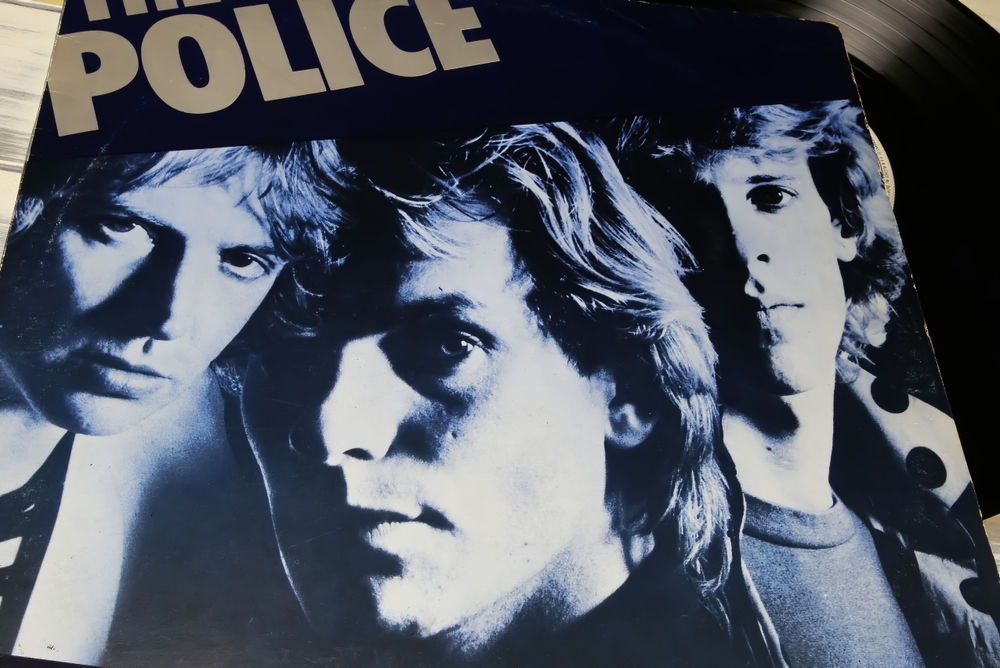
Sting, Stewart Copeland, and Andy Summers exploded onto the scene in 1977 with a brisk, genre-melting sound that married punk’s urgency, reggae’s offbeat grooves, and rock’s punchy riffs. Tracks like “Roxanne” and “Every Breath You Take” dominated U.S. playlists, yet their formation took place in London’s nascent new wave clubs.
Their eclectic approach—melding Jamaican rhythms with edgy guitar tones and Sting’s soulful vocals—felt universal, but the band’s creative spark was ignited by England’s vibrant multicultural landscape. By exporting a sound that felt both familiar and refreshingly global, The Police cemented their status as one of Britain’s most influential contributions to rock history.
